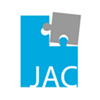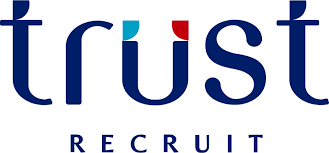JOB DESCRIPTION
The IT executive oversees and manages all aspects of the information technology infrastructure to ensure efficient and effective support of the Company's operations. The IT Executive is responsible for planning, implementing, and managing the information technology systems and services. This role ensures IT operations' reliability, security, and efficiency to support the Company's objectives.
1. IT Infrastructure Management:
• Oversee the IT infrastructure's design, implementation, and maintenance, including servers, networks, and storage systems.
• Ensure the availability and performance of all IT systems to support daily operations.
2. Software and Applications:
• Manage and support the deployment of software applications specific to imaging and healthcare, such as picture archiving and communication systems (PACS) and radiology information systems (RIS).
• Collaborate with vendors and internal teams to customise, integrate, and optimise software solutions.
3. Data Security and Compliance:
• Implement and maintain security measures to protect patient data and ensure compliance with healthcare regulations.
• Conduct regular security audits and risk assessments to identify and address potential vulnerabilities.
4. User Support:
• Support end-users, including radiologists, technicians, and administrative staff.
• Develop and implement training programs to enhance staff proficiency in IT systems.
5. Project Management:
• Lead IT projects, including upgrades, migrations, and system enhancements.
• Collaborate with other stakeholders to understand their IT needs and align projects with overall business goals.
6. Budgeting and Vendor Management:
• Develop and manage the IT budget, ensuring cost-effective solutions.
• Coordinate with vendors for procurement, maintenance, and IT hardware and software support.
7. Emergency Response and Disaster Recovery:
• Develop and maintain disaster recovery plans to ensure business continuity in case of IT failures or emergencies.
• Implement and test backup and recovery procedures regularly.
8. Technology Trends and Innovation:
• Stay abreast of technological advancements in healthcare IT and imaging technology.
• Evaluate and recommend new technologies that can enhance capabilities.
Qualifications and Skills:
• Bachelor’s degree in information technology, Computer Science, or a related field.
• Proven experience in managing IT systems in a healthcare setting.
• Strong knowledge of healthcare IT standards and regulations.
• Project management skills and experience overseeing IT projects.
• Excellent communication and interpersonal skills.
• Problem-solving and troubleshooting abilities.
























